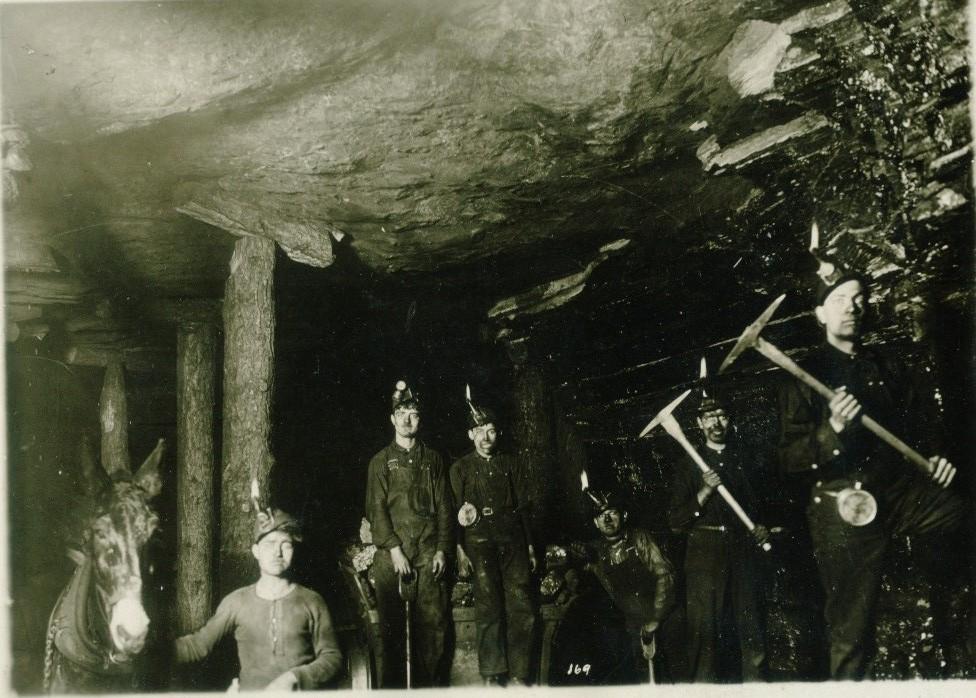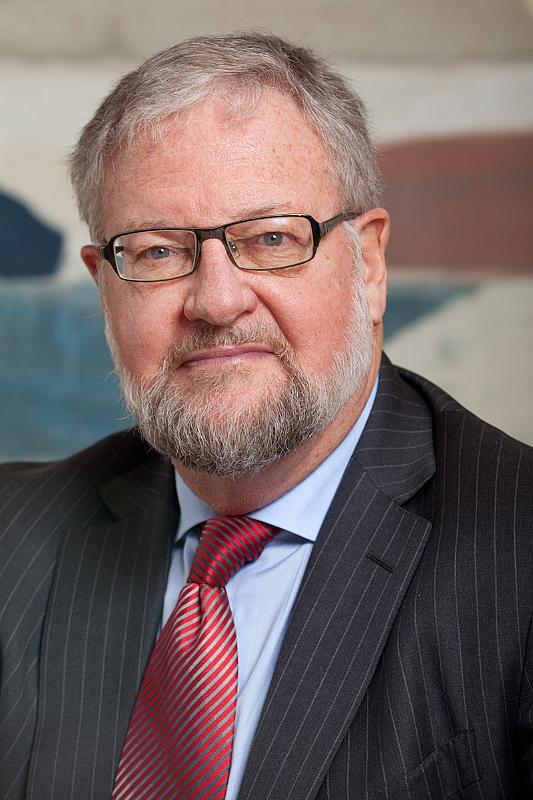
A century ago, Colorado Fuel and Iron was a powerful force in the state. It employed thousands of workers at its giant steel mill in Pueblo and at dozens of coal mines throughout the area. Its legacy is still strong in southern Colorado, especially because of the 1914 Ludlow Massacre in which 20 people, including women and children, died after company guards attacked and set fire to a union-sponsored tent colony that housed striking coal miners and their families.

The coal mines were dangerous and often deadly for the men who worked there. The miners were striking for better pay and safer conditions. The burning of Ludlow ignited more violence between the miners and the company and resulted in dozens more deaths for both sides.

By 1927 the Rockefeller family's visits tapered off . But the family’s 90-year absence is about to change -- with a visit and speech this week in Pueblo on Friday, Feb. 17 by philanthropist David Rockefeller Jr. the grandson of John D. Rockefeller Jr.
Colorado Matters host Ryan Warner spoke with David Rockefeller Jr.
Interview Highlights:
On the invitation to come to Pueblo as the first member of the family to visit in more than 90 years:
"I was thrilled to accept and challenged, frankly, to accept it because I can imagine that it will, to some extent, reopen old wounds in the minds of some in the audience and maybe in me too ... It’s a challenge to go back to a place where the family is known principally for dark deeds, as opposed to good deeds. And to reflect upon how they happened, what the responsibility of our family was at that time. It’s a very different scale, but I was very happy that President Obama went to Hiroshima recently. I think it’s very important for all of us, even if we were not personally responsible for dark events, to look at them, to learn from them, to make every effort to see that they are not repeated in the future."
On what lessons Ludlow holds today:
"As I’ve gone back and read more about the history, what’s most striking to me is how many issues that existed 100 years ago still are very much at the forefront of our thinking and our grappling with how to be an effective society. If you take immigration and immigrant laborers, here we are at in the beginnings of the Trump administration grappling with what kind of immigration policy should we have, grappling as well with issues of great disparity between the wealthiest and the poorest in the nation. There are just so many issues that were extant at the time of the Ludlow Massacre that still exist today. We’ve made a lot of progress but we are still working on many of those same issues."
On his hopes for this trip:
"I hope to learn more about the relatives of the people who worked in the mines and for the company. I hope to learn about that part of Colorado and how it’s doing today. We’ve just completed an election in which the two coasts voted very differently from the center of the country. And even though Colorado, someone told me it’s a purple state not a red or a blue, but it has plenty of red in it. I hope to learn from the voices of Coloradans how they’re viewing this nation and its relationship to the world."
Related stories about Ludlow, the Colorado Coalfield War and CF&I:
- Remembering The Ludlow Massacre 100 Years Later
- Descendants Recount The Ludlow Massacre 100 Years Later
- The Story Of What Happened After The Ludlow Massacre In Colorado
- New Film Covers Tumultuous History Of A Colorado Industrial Giant
- Documentary Spotlights Greek American Miners In Shadow Of Ludlow Massacre
- Colorado Coal Field Wars Through The Eyes Of Children









